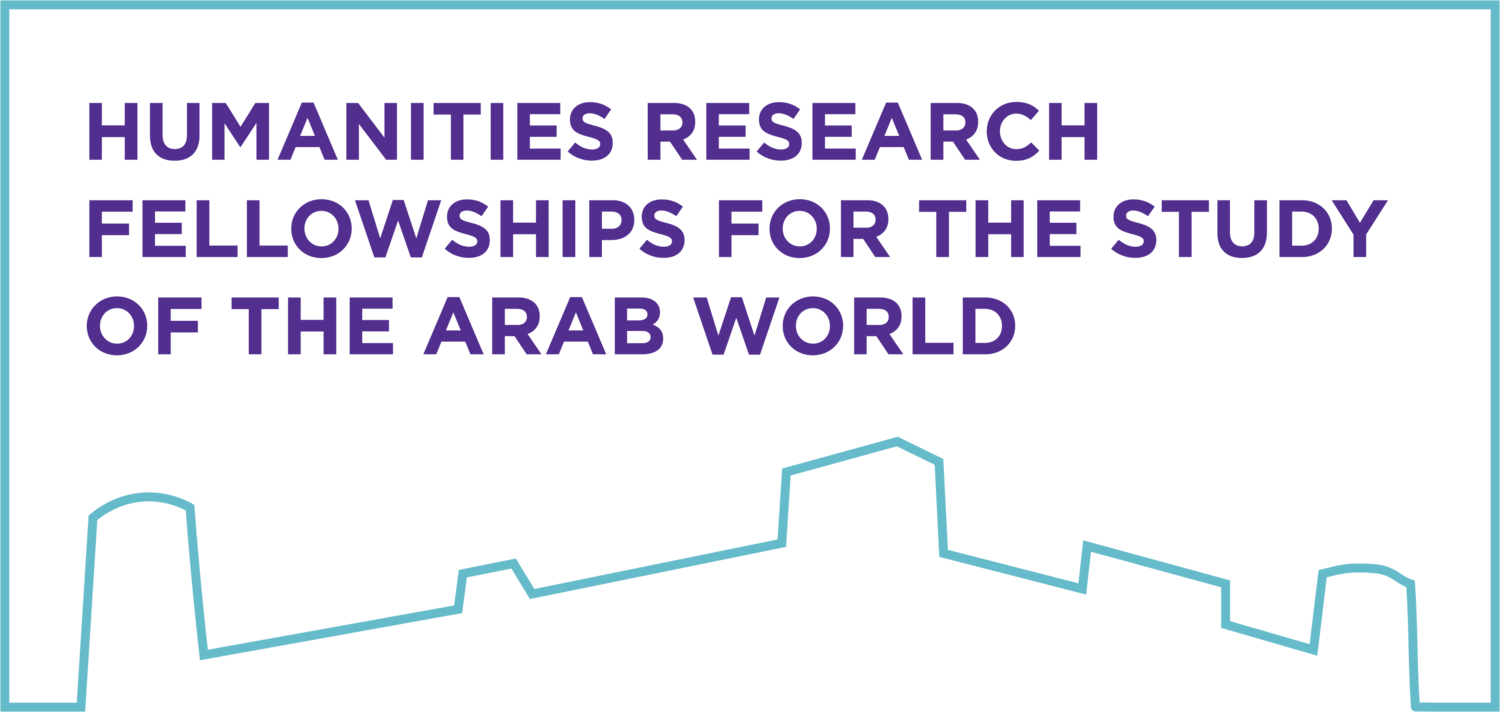While the academic literature in tafsīr studies and the field of gender in the Qurʾan have flourished, there is little overlap between these distinct fields. With a few exceptions, [1] modern scholarship in the field of gender in the Qurʾan tends to analyze verses on gender in isolation from the formal genre of Qurʾanic exegesis. This workshop seeks to bring in conversation the distinct fields of tafsīr studies and gender studies by exploring the limitations, opportunities and challenges of such an approach. On one hand, the analysis of gender as a category in the classical genre of tafsīr excludes many contemporary forms of exegesis that do not conform to the genre’s methodological boundaries. One the other hand, a lack of engagement with the genre of tafsīr runs the risk of ignoring significant hermeneutic differences between exegetes, important intellectual developments in the history of the genre and the ways in which certain exegetical approaches signal a rupture or continuity in the field. Rather than throw out the baby with the bathwater, this workshop seeks to explore the possibilities that emerge by situating the genre of tafsīr in the center of a scholarly analysis of gender in the Qurʾan. By exploring the malleable boundaries of the tafsīr tradition and its characteristic of textual polysemy, one gains a clearer understanding of the construction of interpretive authority in the Islamic tradition. What bearing would such an inquiry have, if any, on shaping the theoretical premises of feminist exegeses of the Qurʾan or the project of gender egalitarianism in the Qurʾan?
[1] Some of these notable exceptions are Barbara Stowasser’s Women in the Qurʾan, Traditions and Interpretations (New York: Oxford University Press, 1994); Karen Bauer’s Gender Hierarchy in the Qurʾan: Medieval Interpretations, Modern Responses (New York: Cambridge University Press, 2015); Ayesha Chaudhry, Domestic Violence and the Islamic Tradition (Oxford: Oxford University Press, 2013) and Aisha Geissinger, Gender and Muslim Constructions of Exegetical Authority: A Rereading of the Classical Genre of Qurʾan Commentary (Leiden: Brill, 2015).
